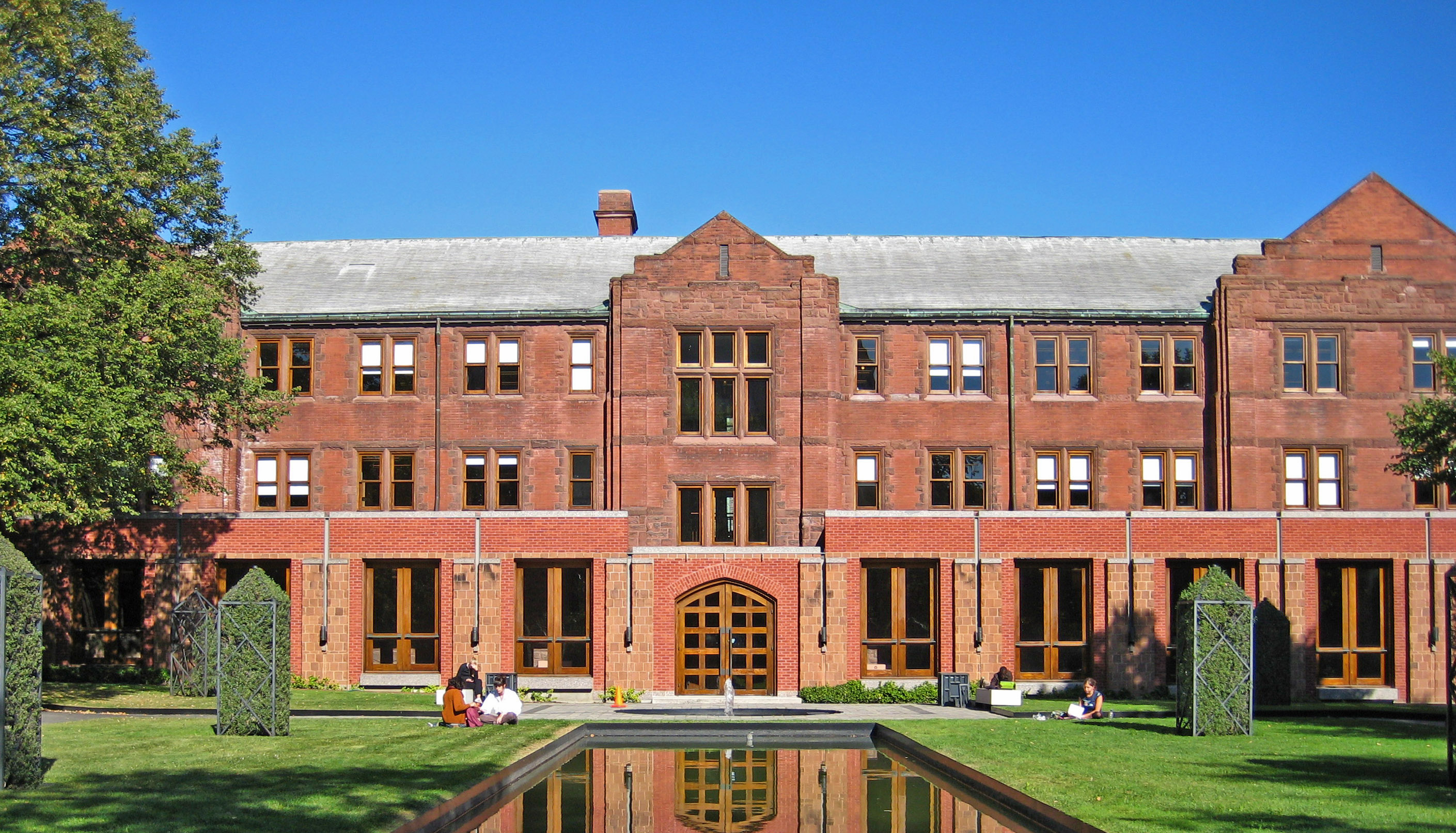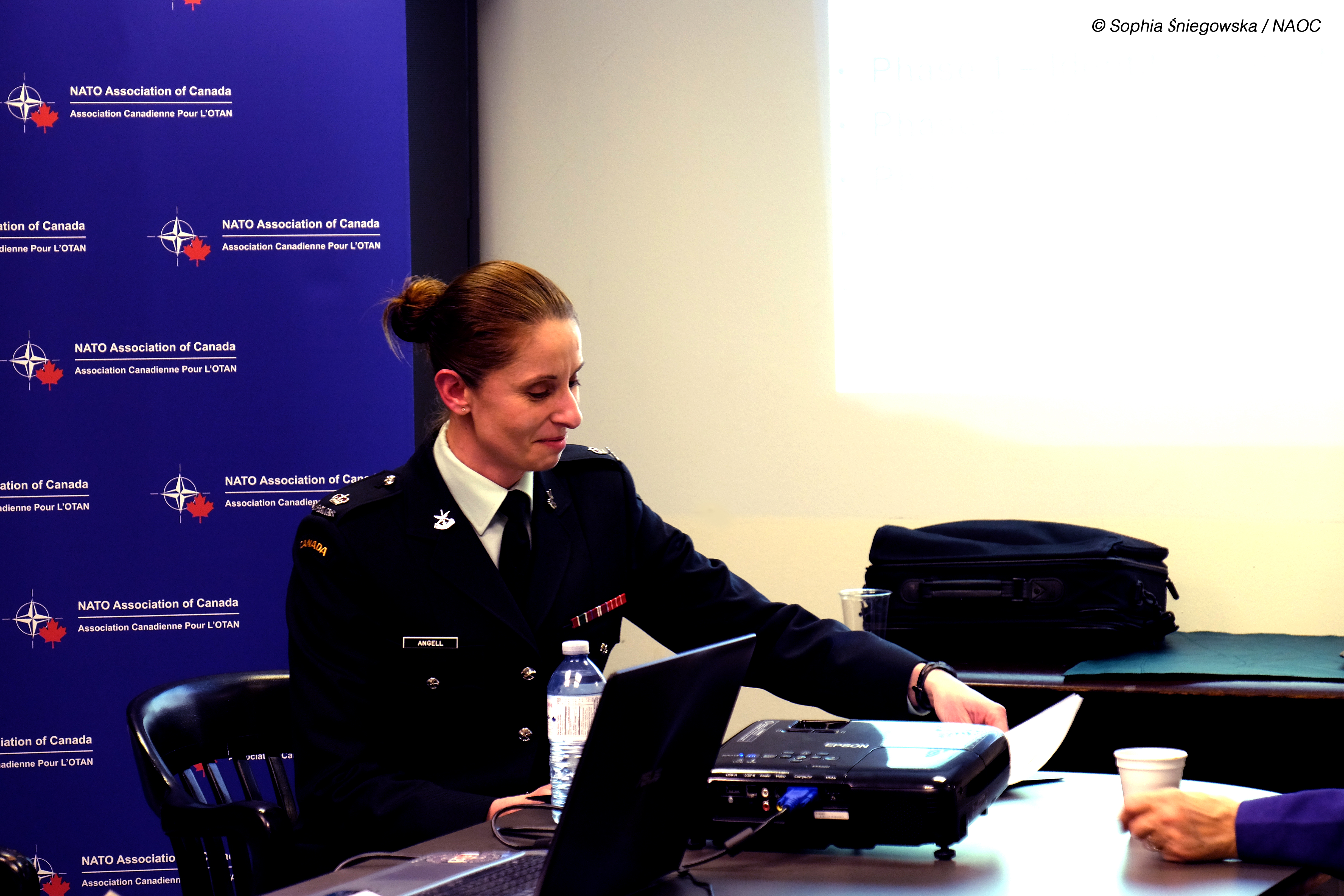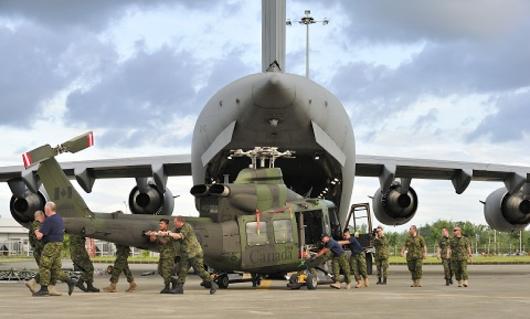Have you done a lot of Model United Nations, debate or mock trial in high school? Do you have a passion for international affairs and diplomacy? If so, you might be interested in pursuing International Relations at university.
Around this time every year, grade 12 students across Ontario and Canada are beginning to apply to different universities all over the country, hoping to get into their program of choice. Unlike the prolific but more general political science field however, when it comes to International Relations programs, there are only three major universities in Canada that host them. As will be shown below, most others only offer less specific “international studies” programs.
This article will explain the difference between the two, and give a quick summary of three of the best known IR programs in Canada; International Relations programs offered at the University of Toronto, Western University and the University of British Columbia. Each has its own merits and advantages and it is important to note that there isn’t necessarily a ‘better’ university of the three. Instead, the best university for you will depend on your own preferences, learning styles and interests in terms of location, student life, and affordability.
International Relations vs. International Anything Else
In the academic world, international relations refer to a particular field which discusses the relationships of state and non-state actors. It is a largely interdisciplinary field, and draws upon ideas in political science, history and economics to analyze different foreign policy interactions. In the school of IR, there are specific theories dedicated to international relations, such as realism in political science, revisionist historians of the Cold War in history, and international political economy in economics. These are the fundamentals of international diplomacy, and are essential to learn if you dream of becoming a diplomat, or occupy a high level position that requires you to understand how to interact with foreign governments and institutions.
Other schools offer programs such as international development (University of Waterloo), international studies (Carleton University) or global development studies (Queen’s University). These programs do not necessarily focus on the particular schools of thought related to international relations, but often tend to relate to more humanitarian aspects instead of purely focusing on academic theories. At the end of day, it depends on what the your interests are in determining which program you should pick.
[captionpix align=”left” theme=”elegant” width=”165″ imgsrc=”http://natoassociation.ca/wp-content/uploads/2013/10/UofTCrest.jpg” captiontext=””]
Located in the largest city in Canada, the University of Toronto offers unparalleled options in terms of degree choices and is often ranked as the top university in the country. The International Relations program stresses the interdisciplinary nature of IR, having requirements of economics and history to be considered entry into the program. U of T offers an Honours Bachelors of Arts, in which students can choose to do a specialist in the program or a major which they may then often mix with another major to add breadth to their degree. Entry is competitive, with the entire program only comprising a small facet of the larger political science student body. The program is taught by some of the most distinguished faculty in the world and takes its resources from the third best library system in North America (only after Harvard and Yale). The program is located at the Munk School of Global Affairs, which regularly holds events involving high level policy makers and has built an international reputation as a leading organization in the discussion and promotion of international policy. Students may also choose to be part of a mentorship program or participate in a wide variety of international study abroad opportunities.
[captionpix align=”left” theme=”elegant” width=”165″ imgsrc=”http://natoassociation.ca/wp-content/uploads/2013/10/WesternCrest.jpg” captiontext=””]
Western is known across Canada, and even North America, for its phenomenal undergraduate student experience. This program is run by the Department of History and focuses more on history and political science. Economics is not a required course in the program. The program focuses on developing writing skills and analytical thinking for students. As an Honours program, it is a difficult program to gain admission to, but offers a number of benefits. Graduates have gone on to study in public policy, law, and business among other fields. On that note, students also have the option of receiving a dual-degree with the Ivey School of Business, one of the most prestigious and highly-recognized business schools in the world. A separate application is required for that program.
[captionpix align=”left” theme=”elegant” width=”165″ imgsrc=”http://natoassociation.ca/wp-content/uploads/2013/10/UBCCrest.jpg” captiontext=””]
University of British Columbia
Some would argue (and often, successfully) that UBC has the most beautiful campus in Canada. Located in Vancouver, students get to experience the breathtaking view of the ocean while studying or on their breaks. This program also focuses on the interdisciplinary nature of IR, with required courses in economics, history and politics. Students can choose to major or minor in the field. They also have a large number of scholarships available to students in the program. Unique to this program is the co-op option which allows students to work for four months and gain valuable paid work experience related to their field. Students may also choose to be part of a mentorship program or participate in a wide variety of international study abroad opportunities.
Choose Wisely
All these schools have their benefits and drawbacks, and to maximize the student’s undergraduate experience, it is important to do additional research into the program and school before applying. Nevertheless, they are excellent stepping stones to building a career in international affairs. Canadian diplomats and business leaders have come out of these schools, and with determination, hard work, and a bit of luck, you can step into their shoes.




